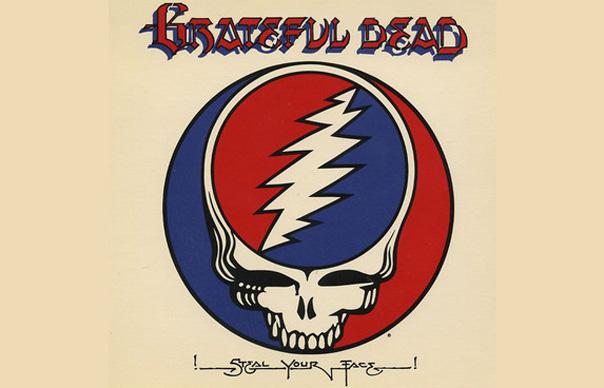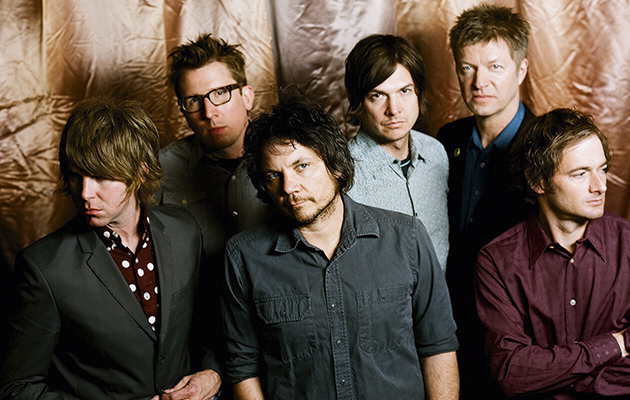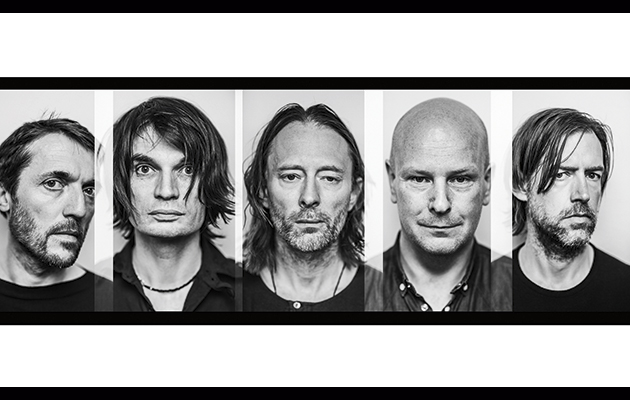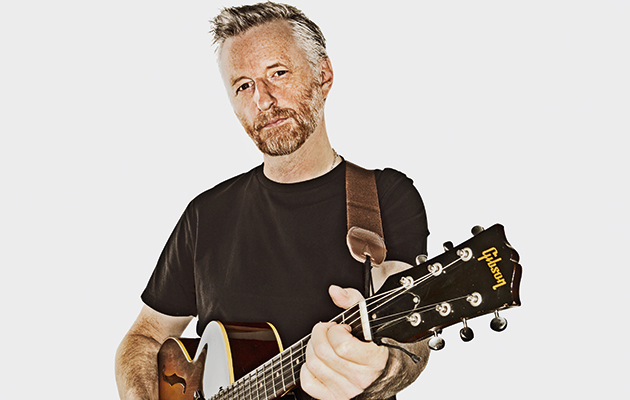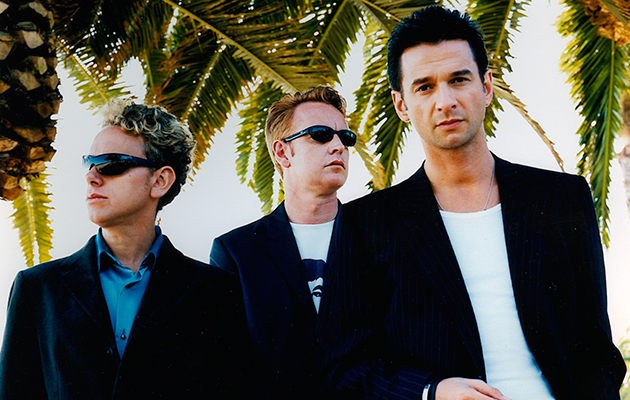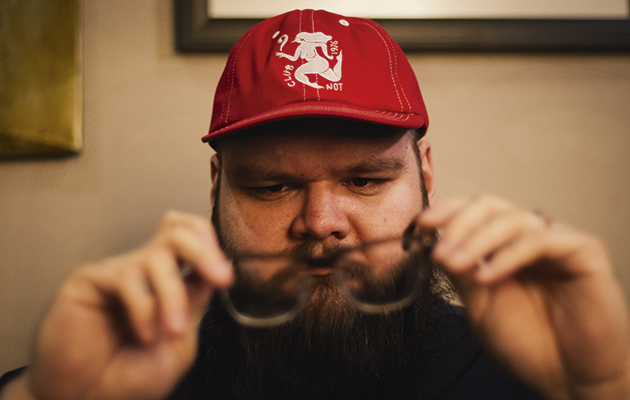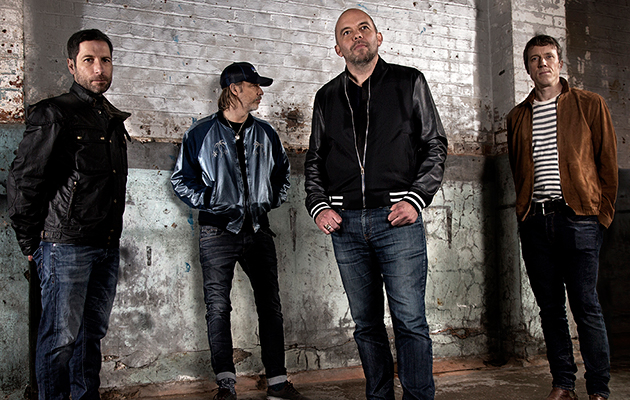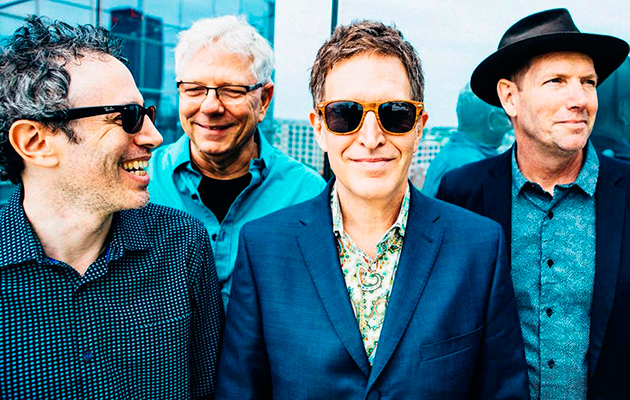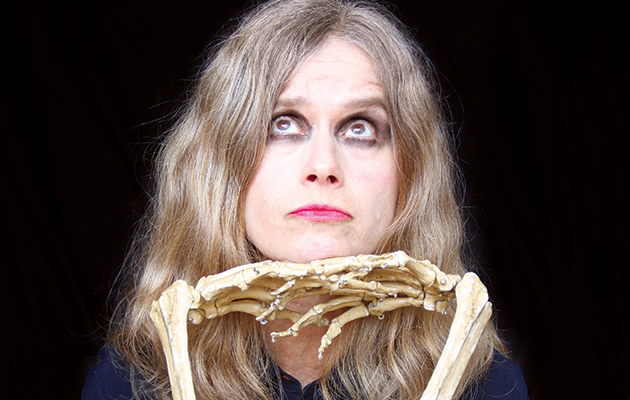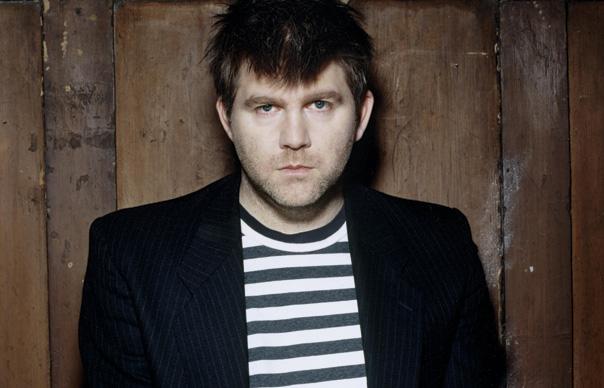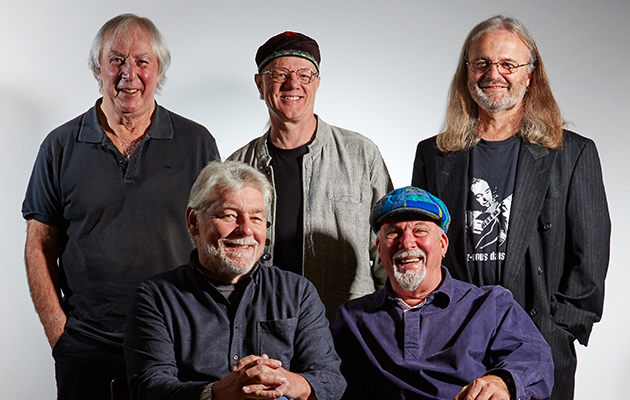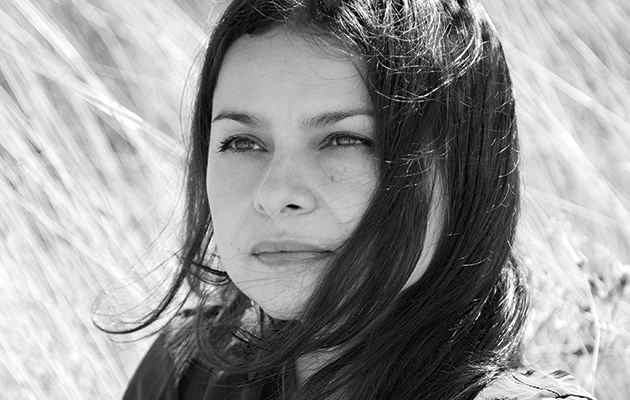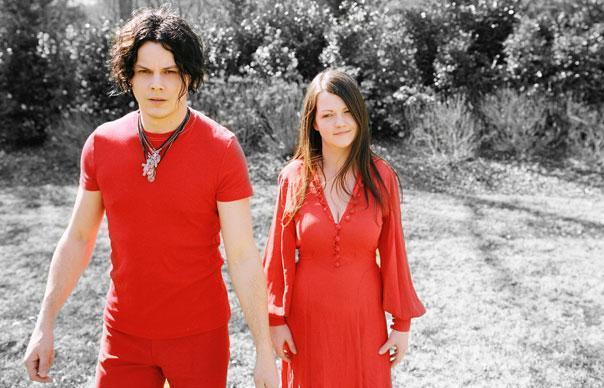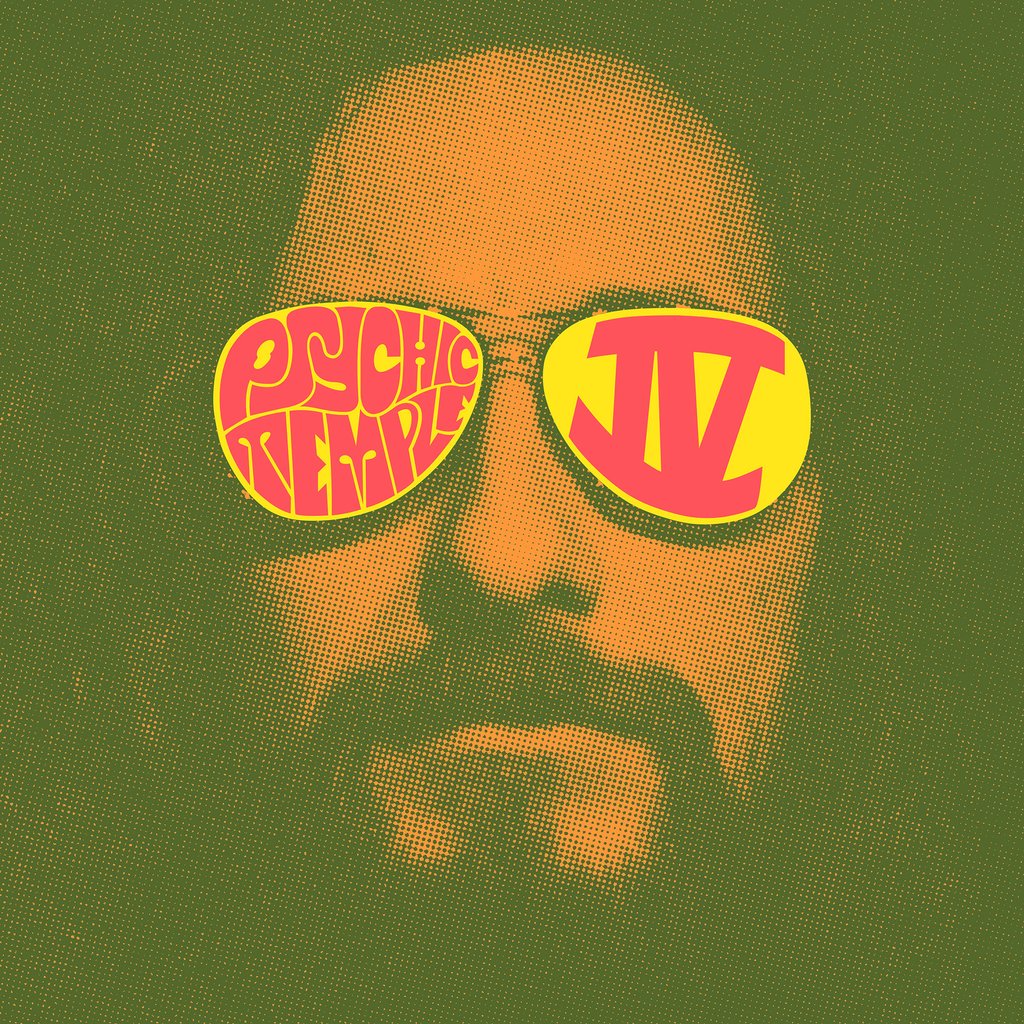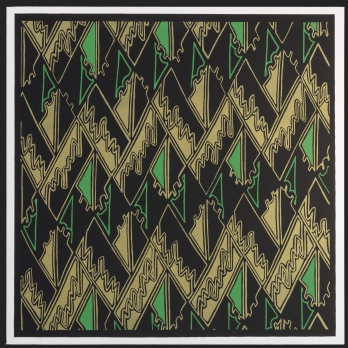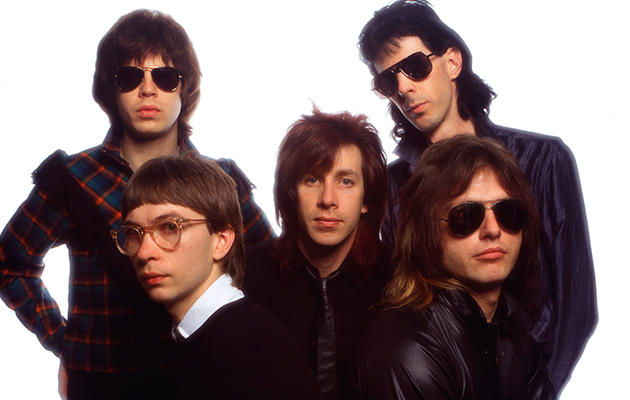LCD Soundsystem have confirmed details of their new album, American Dream.
The album will be released on September 1 via Columbia Records/DFA.
The tracklisting is:
oh baby
other voices
i used to
change yr mind
how do you sleep?
tonite
call the police
american dream
emotional haircut
black screen
The band have also announced a world tour accompanying the album, including a show at Alexandra Palace on September 22.
Tour dates are:
Fri-Jun-16-17 Brooklyn, NY
Brooklyn Steel (SOLD OUT)
Sat-Jun-17-17 Brooklyn, NY
Brooklyn Steel (SOLD OUT)
Mon-Jun-19-17 Brooklyn, NY
Brooklyn Steel (SOLD OUT)
Tue-Jun-20-17 Brooklyn, NY
Brooklyn Steel (SOLD OUT)
Wed-Jun-21-17 Brooklyn, NY
Brooklyn Steel (SOLD OUT)
Fri-Jun-23-17 Brooklyn, NY
Brooklyn Steel (SOLD OUT)
Sat-Jun-24-17 Brooklyn, NY
Brooklyn Steel (SOLD OUT)
Wed-Jul-12-17 Ottawa, ON
Ottawa Bluesfest
Fri-Jul-14-17 Chicago, IL
Pitchfork Music Festival
Sat-Jul-15-17 Louisville, KY
Forecastle Festival
Sun-Jul-23-17 Byron Bay, AUS
Splendour in the Grass Festival
Mon-Jul-24-17 Sydney, AUS
Hordern Pavillion
Wed-Jul-26-17 Melbourne, AUS
Margaret Court Arena
Sat-Jul-29-17 Niigata, JP
Fuji Rock Festival
Sat-Aug-26-17 Monterrey, MX
Hellow Festival
Fri-Sep-08-17 Copenhagen, DK
Vega
Sat-Sep-09-17 Copenhagen, DK
Vega
Mon-Sep-11-17 Amsterdam, NL
Paradiso
Tue-Sep-12-17 Amsterdam, NL
Paradiso
Wed-Sep-13-17 Paris, FR
L’Olympia
Thu-Sep-14-17 Paris, FR
L’Olympia
Sat-Sep-16-17 Manchester, UK
The Warehouse Project
Sun-Sep-17-17 Manchester, UK
The Warehouse Project
Tue-Sep-19-17 Glasgow, UK
The Barrowland Ballroom
Fri-Sep-22-17 London, UK
Alexandra Palace
Tue-Oct-17-17 Washington DC
The Anthem
Sat-Oct-21-17 Atlanta, GA
Coca-Cola Roxy Theatre
Sun-Oct-22-17 Atlanta, GA
Coca-Cola Roxy Theatre
Wed-Oct-25-17 Miami, FL
James L. Knight Center Theater
Fri-Oct-27-17 New Orleans, LA
Voodoo Music + Arts Experience
Mon-Oct-30-17 Dallas, TX
The Bomb Factory
Tue-Oct-31-17 Austin, TX
Austin360 Amphitheater
Fri-Nov-03-17 Detroit, MI
Masonic Temple Theatre
Thu-Nov-09-17 St. Paul, MN
Roy Wilkins Auditorium
Sat-Nov-11-17 Broomfield, CO
1st Bank Center
Tue-Nov-14-17 San Francisco, CA
Bill Graham Civic Auditorium
Fri-Nov-17-17 Los Angeles, CA
Hollywood Palladium
Sat-Nov-18-17 Los Angeles, CA
Hollywood Palladium
Sun-Nov-19-17 Los Angeles, CA
Hollywood Palladium
Mon-Nov-20-17 Los Angeles, CA
Hollywood Palladium
Tue-Nov-21-17 Los Angeles, CA
Hollywood Palladium
Sat-Dec-02-17 Montreal, QC
Place Bell Arena
Sun-Dec-03-17 Toronto, ON
Air Canada Centre
Tue-Dec-05-17 Philadelphia, PA
The Fillmore
Wed-Dec-06-17 Philadelphia, PA
The Fillmore
Fri-Dec-08-17 Boston, MA
Agganis Arena
Mon-Dec-11-17 Brooklyn, NY
Brooklyn Steel
Tue-Dec-12-17 Brooklyn, NY
Brooklyn Steel
Thu-Dec-14-17 Brooklyn, NY
Brooklyn Steel
Fri-Dec-15-17 Brooklyn, NY
Brooklyn Steel
Sun-Dec-17-17 Brooklyn, NY
Brooklyn Steel
Mon-Dec-18-17 Brooklyn, NY
Brooklyn Steel
Tues-Dec-19-17 Brooklyn, NY
Brooklyn Steel
Thu-Dec-21-17 Brooklyn, NY
Brooklyn Steel
Fri-Dec-22-17 Brooklyn, NY
Brooklyn Steel
Sat-Dec-23-17 Brooklyn, NY
Brooklyn Steel
The August 2017 issue of Uncut is now on sale in the UK – featuring David Bowie on the cover. Elsewhere in the issue, there are new interviews with The War On Drugs, Steve Earle and Jah Wobble, we countdown Radiohead’s 30 Greatest Songs and remember Gregg Allman. We review Peter Perrett, Afghan Whigs, ZZ Top and Peter Gabriel. Our free CD features 15 tracks of the month’s best music, including Peter Perrett, Floating Points, Bedouine, Public Service Broadcasting, Broken Social Scene and more.


